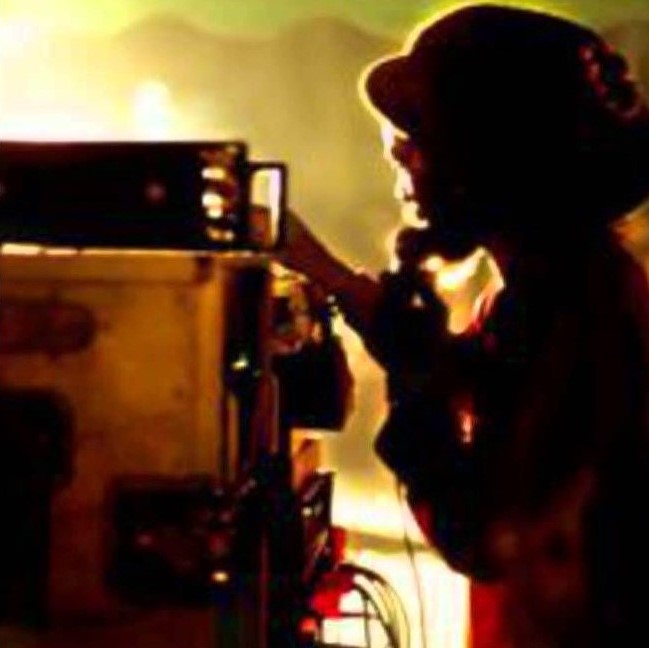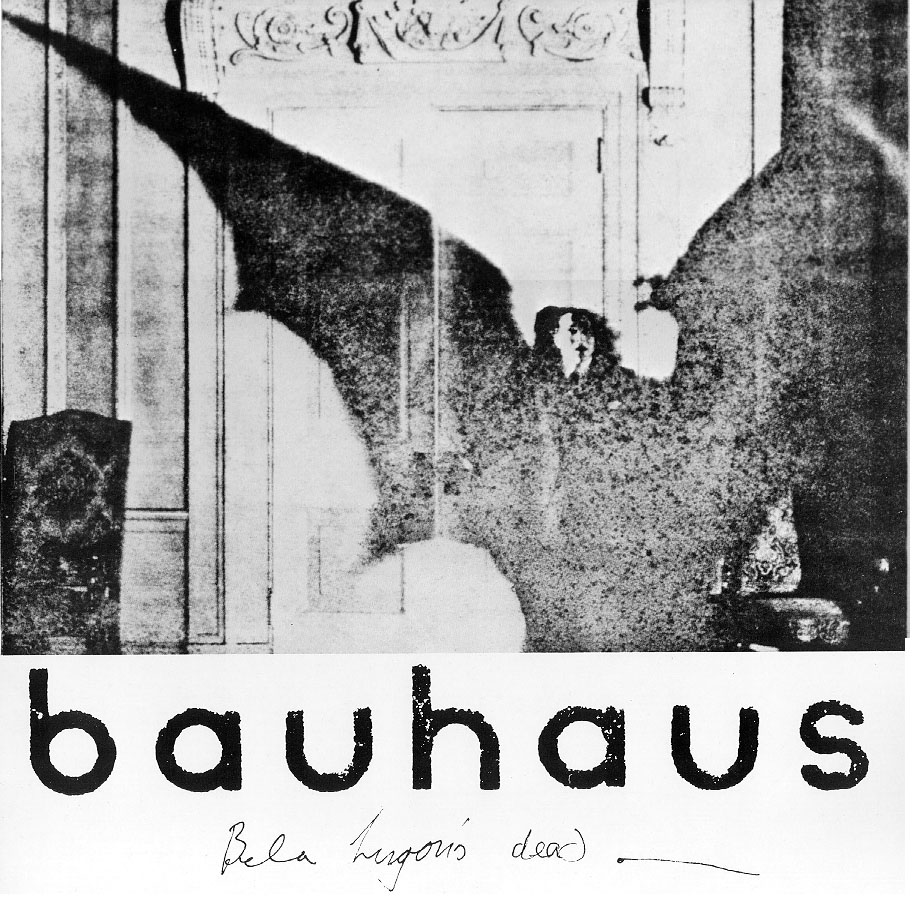
What's Your Favourite Tape Echo?
In which our intrepid echo explorer attempts to dodge the question, but when pushed reveals his affection for the mighty HH Slider Echo and its proto-goth connection…
When asked this question, I tend to use the politician’s ruse by countering with a question of my own: ‘single or multi head?’ This neatly allows me to sidestep and have at least two answers to such a narrow question (and also still allows me Binson Echorecs because they’re not tape-based echoes). See what I did there?
I could waffle on for some time and further split the debate by asking ‘tube or solid state?’ which would then allow me to add my beloved – and admittedly somewhat agricultural – Echoplex EP2 but, if pressed, my favourite single head tape echo, for sheer unparalleled joyous dubtastic playability, is the HH Slider Echo (long loop version). There, I’ve said it. Feels good.
These wonderful machines are uncommon in any state and even harder to find in good operating condition today. Many have lived hard lives: they were a popular choice for sound systems and dub artists and it seems that few have survived in good order. HH Amplification was founded in the 60s in Cambridge and their amps were popular with UK musicians, including Marc Bolan of T Rex. They made various tape echo machines – the long and short loop single head Slider Echo, the multihead Multi Echo – before turning to digital delays. The HH name is still going strong in the West Midlands (though they no longer make echoes) after being taken over by Laney Amplification in the 90s.
What’s the difference between the long and short loop version, I hear you ask. One uses a long loop of tape housed in a tray, similar to the Roland Space Echo, the other a much shorter loop, similar to a Watkins Copicat. I’ll leave it to you to deduce which one is which. Why do I prefer the long loop version? Both are good, and I wouldn’t turn down either in good condition, but the longer tape loop means less fiddling about changing loops, and of course the splice passes over the heads much less frequently. This is a serious consideration as even the very best splice has some audible effect on the repeats: hence you can ‘play’ a long tape loop echo for longer, losing yourself more readily in cosmic oscillations before the splice gently brings you back down to earth. And the long loop is simply mesmerising as it snakes sinuously in the glass-topped tray. A demo we posted years ago of a Slider Echo being used to re-dub a Scientist cut went viral – over 1.1m views to date – which suggests it’s not just dub aficionados who are entranced by the sight of a hypnotically writhing tape loop…
Slider Echoes are extremely choosy about tape loops because unusually the HH pushes – rather than pulls – the tape. Most inferior replacement tapes on the market (which should really read ‘most loops on the market’ given the shoddy quality of nearly all tape echo loops on sale today) do not fare well and cause havoc with an HH (the original loops used thicker tape stock). That said, we’ve been able to calibrate Slider Echoes to run well using our Roland Space Echo replacement tapes without incident.

Probably the most famous user of the HH Slider Echo is Jah Shaka, but for me the seminal recorded example of its use – and the track that awakened my passion for drums with tape echo, setting me on a path of dub discovery that leads directly to me typing this some four decades later – is ‘Bela Lugosi’s Dead’ by Bauhaus. So it wasn’t Lee Perry or King Tubby, but a proto goth 12” single that lead me to dive deeper into dub and sparked my interest in echoes (The Clash were another formative influence awaking a lifelong love of reggae, dub, and genre-fluidity). Subconsciously, it was the sound that I was chasing for so many years: I eventually discovered after many decades – and after owning many, many tape echoes – that the HH was the machine used by Daniel Ash on Bela. By this time I’d owned mine for some time and fallen for it completely.
Daniel Ash in Uncut Magazine: “Then we went into the control room and David had this old HH echo unit, which would crap out on you all the time. We hooked up the guitar and snare drum to this echo unit and I was just sliding the HH amp thing to trigger all these echoes as the song went through.”*
There is something magic about tape echo and I’ve been fortunate to be on this journey of joy and discovery for over 40 years since first hearing the intro to Bela. From my initial foray with an inept little Melos cartridge echo, through to Copicats – for the first time being able to manipulate the tape with my fingers to get wilder effects – to Space Echoes, and into the wider realms of the more exotic and esoteric machines such as the Binson Echorec – I’m still discovering machines that are new to me. I’ve lost count of how many different mechanical echoes I’ve played: at the turn of the millennium my Nottingham studio contained 26 tape/disc/drum echoes in varying states of repair – some prized for their brokenness. I trust there are still a good many new discoveries out there to surprise, confound and delight me in the future. It’s somehow fitting that the first mechanical echo that introduced me to the world of dub mixing back in 1979 remains one of my holy trinity of echo machines to this day.
Here’s Gid with a Slider Echo, 1973 Minimoog Model D and 1125 Sample And Hold Controller …









